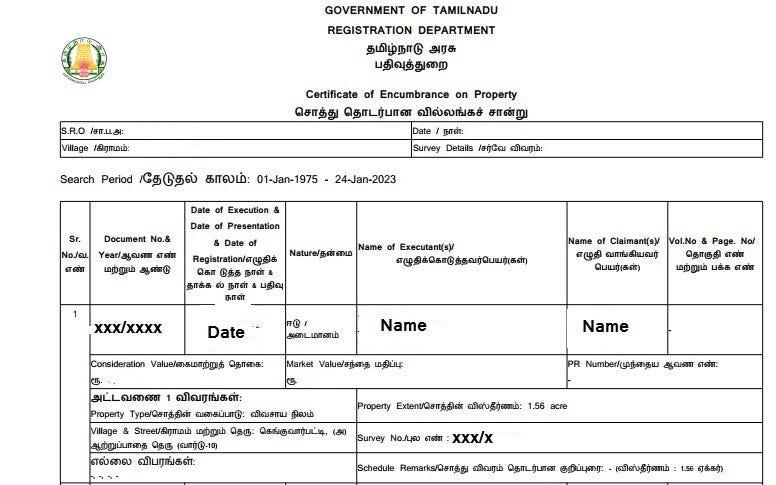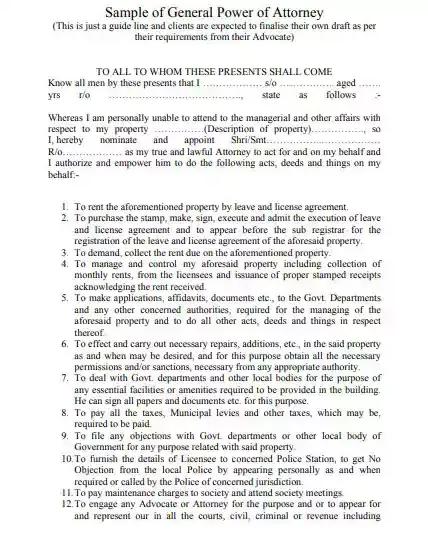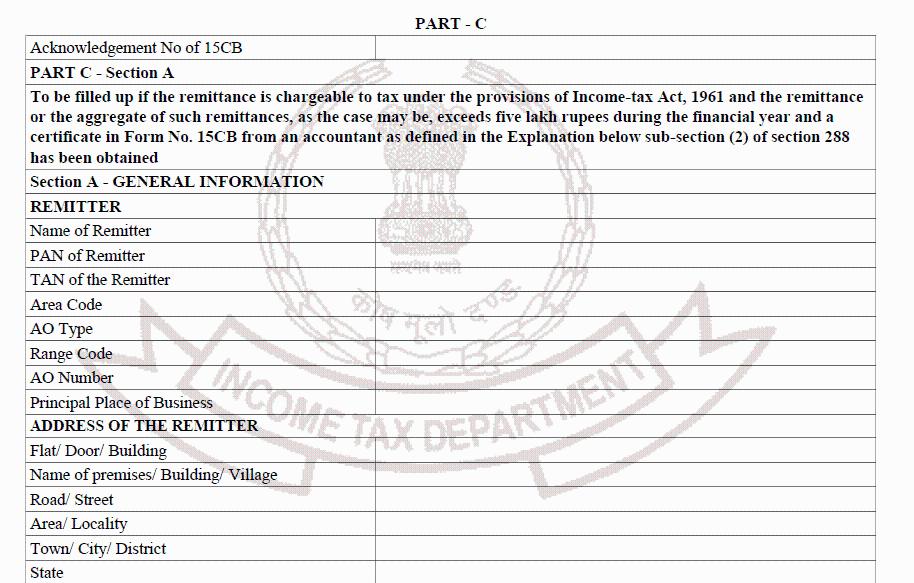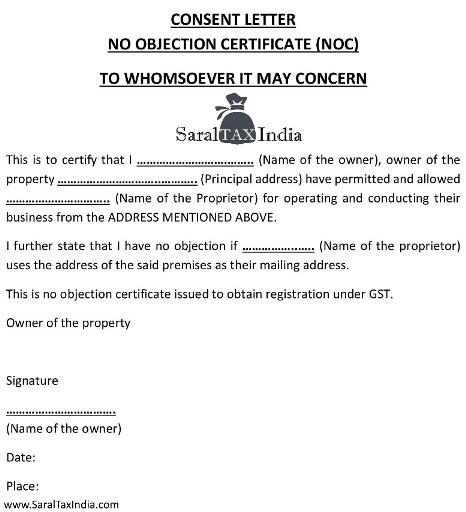


Table of Contents
- Introduction
- Legal Due Diligence Checklist for NRIs in Indian Real Estate
- Conclusion
- Faq's
Introduction
India continues to be a preferred destination for Non-Resident Indians (NRIs) looking to invest in real estate, thanks to a stable property market, growing urbanization, and emotional ties to the homeland. However, real estate transactions in India come with their own legal complexities. For NRIs, legal due diligence becomes even more critical to avoid fraud, ensure lawful ownership, and maintain regulatory compliance. This guide covers the essential legal checks, documents to verify, and key regulatory points NRIs must know before investing in Indian property.
Legal Due Diligence Checklist for NRIs in Indian Real Estate
1. Title and Ownership Verification
Ensure that the seller has clear and marketable title to the property. NRIs should:
- Obtain the title deed and verify it through a lawyer
- Conduct a search report from the sub-registrar's office for past 30 years
- Check for joint ownership, ancestral claims, or legal disputes
2. Encumbrance Certificate (EC)
The EC is proof that the property is free from legal dues, mortgages, and liabilities.
- Must be obtained from the local sub-registrar office
- Check for any loans, court attachments, or financial obligations

3. Property Approval and Land Use Compliance
Ensure the property is legally approved by municipal or development authorities.
- For under-construction projects, check RERA registration
- Confirm that the land use (residential/commercial) aligns with local zoning regulations
4. Verification of Builder Credentials (for under-construction projects)
NRIs must verify:
- The builder's track record, financials, and litigations
- RERA number and project registration details
- Construction approvals like commencement certificate, layout approvals, and NOCs
5. Power of Attorney (PoA) Rules
If an NRI is buying or selling through a representative, a properly notarised and apostilled PoA is mandatory.
- Must be signed in the country of residence and registered in India
- Always use a specific PoA, not a general one, to reduce misuse risk

6. Tax Compliance and TDS Provisions
NRIs must comply with applicable Indian taxation laws:
- Deduct TDS at 20% (or applicable rate) on property purchases
- File Form 15CA/CB when transferring large funds
- Consult a tax advisor for capital gains and repatriation compliance

7. No Objection Certificates (NOCs)
Ask the seller or developer for relevant NOCs including:
- NOC from society or builder
- Environmental clearance (for large projects)
- Electricity, water, and sewage connections approvals

8. Possession and Occupancy Certificates
Before taking possession, ensure the builder provides:
- Occupancy Certificate (OC) for completed properties
- Possession Letter and handover with no pending dues
9. Due Diligence for Inherited or Gifted Property
NRIs inheriting or receiving property via gift must verify:
- Legal heirs and mutation in records
Gift deed registration and compliance with FEMA norms
Conclusion
Legal due diligence is the foundation of a secure property investment, especially for NRIs who may not be physically present in India. From title verification and builder background checks to tax compliance and valid documentation, every step must be handled with precision. Hiring a competent legal advisor and ensuring RERA-compliant properties are critical. With careful planning and legal vetting, NRIs can invest in Indian real estate confidently and securely in 2025.
explore further
Latest from Did you know?
More from Interactions
Resources
Dwello, for every home buyer, is a way to go from 'I feel' to 'I know', at no extra cost.


